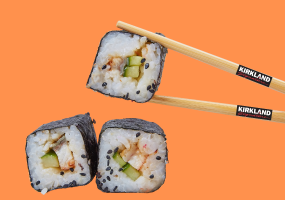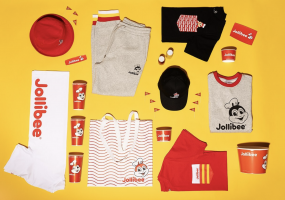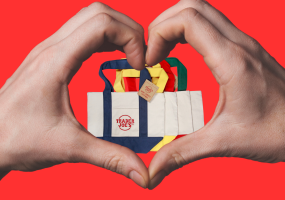BPA chemicals in plastic food packaging causes uproar over poisoning fears. The BPA used in food packaging materials is getting severe backlash over its possible harmful effects.
BPA, Bisphenol A, is under scrutiny in multiple medical spheres over its alleged toxic effects on the human body. Generally, BPA is an essential component of food packaging materials, from plastics to cans to water bottles and baby bottles. The packaging maintains food at its optimum freshness. Without packaging, food goes bad. So how is BPA causing harmful effects to humans?
Scientists are in agreement that infinitesimal bits of packaging material enter the food at a microscopic level. The process which goes by the scientific name of leaching or migration, is responsible for the transfer of tiny molecules of the plastic into food. The process is almost unavoidable and occurs on virtually all packaging materials. The amounts are tiny, says Laura Vandenberg PhD, poostdoctoral fellow in Biology at Tutts University, Boston. "Almost any plastic container can be expected to leach trace amounts of plastics into food," she continues.
The BPA in plastic water bottles, baby bottles and canned food gets into the food and consequently is ingested together with the food. Scientists have found that heating the food in plastics increases the migration. So does putting salty, fatty or acidic food in plastic.
There is very little published research on the effectd of BPA. Most of the materials used are ingested in micro levels, making research difficult. However, certain countries are not waiting for the effects of migration to be discernible so as to act. In France, BPA has been banned from a ll food packaging materials. The ban will begin in 2015.
To avoid BPA packaged foods, consumers should eat less canned food, and more frozen or fresh food. Also, it is advised that babies should be breastfed, rather than depend on baby bottles. If not, powdered formula is preferred over cans. Also, avoild packaging materials made of PVC (Polyvinyl chloride) and PC (polycarbonate).









